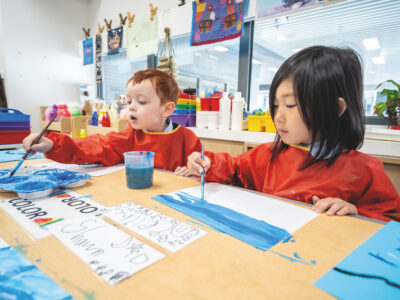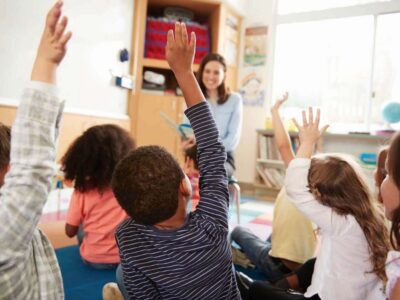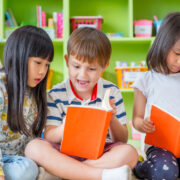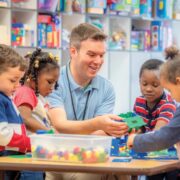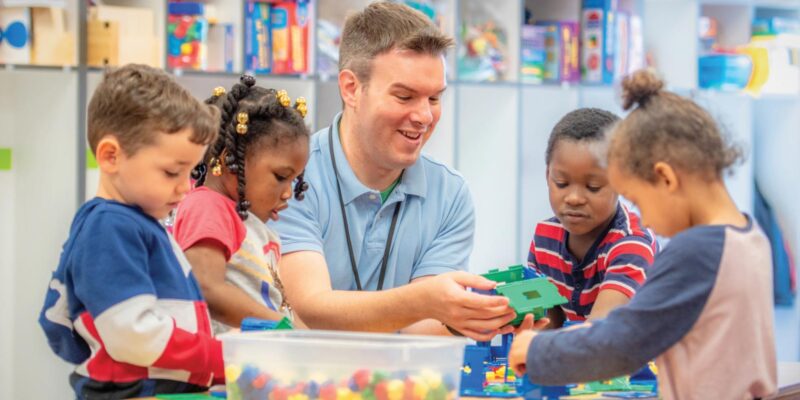
Building Blocks of Learning: The EYFS Framework
The Early Years Foundation Stage (EYFS) plays a pivotal role in shaping a child’s learning and development journey. The EYFS curriculum in Bangkok, like in many parts of the world, provides a comprehensive framework for learning, development, and care of children from birth to five years of age.
The EYFS framework places strong emphasis on learning through play, and actively promotes equality of opportunity and anti-discriminatory practice. It’s designed to ensure every child makes progress and no child gets left behind. It recognizes that every child is unique, and fosters their natural curiosity and enthusiasm for learning.
Personal, Social, and Emotional Development
A key component of the EYFS framework is promoting personal, social, and emotional development. It encourages children to develop positive relationships, manage feelings, and respect others. This is crucial in building their self-confidence and self-awareness, as well as their ability to manage their feelings and behavior.
Children are also encouraged to explore the world around them, ask questions, and make decisions. By nurturing these skills from an early age, the EYFS framework lays the foundation for the development of confident, curious, and empathetic individuals.
Communication and Language Skills
The EYFS framework recognizes the importance of communication and language in a child’s development. It encourages children to express themselves effectively, fostering their ability to speak and listen in various situations. Communication skills, after all, are essential for building relationships, expressing needs and ideas, and understanding others.
The framework also promotes literacy development from an early age, helping children link sounds and letters and begin to read and write. These skills not only lay the groundwork for future academic success but also open up a world of creativity and imagination for the child.
Understanding the World and Expressive Arts
The EYFS framework promotes understanding of the world and expressive arts. It encourages children to explore and find out about people, places, technology, and the environment. This fosters an understanding of community and diversity, as well as a respect for the natural world.
At the same time, the framework highlights the importance of arts in child development. Children are encouraged to explore and play with a wide range of media and materials and are given opportunities for sharing their thoughts, ideas, and feelings through a variety of activities in art, music, movement, dance, role-play, and design.
A Comprehensive Approach to Child Development
The EYFS curriculum offers a holistic approach to early childhood education. It understands that learning is not compartmentalized but interconnected, and that each child learns in their unique way. By focusing on key areas of development, it provides a broad foundation that supports a child’s natural curiosity, creativity, and desire to learn. This framework not only readies them for the more formal learning environment of primary school, but also nurtures skills and values that will serve them throughout their lives. Through this comprehensive approach, children are empowered to become active, confident learners who can navigate the world with understanding and empathy.



